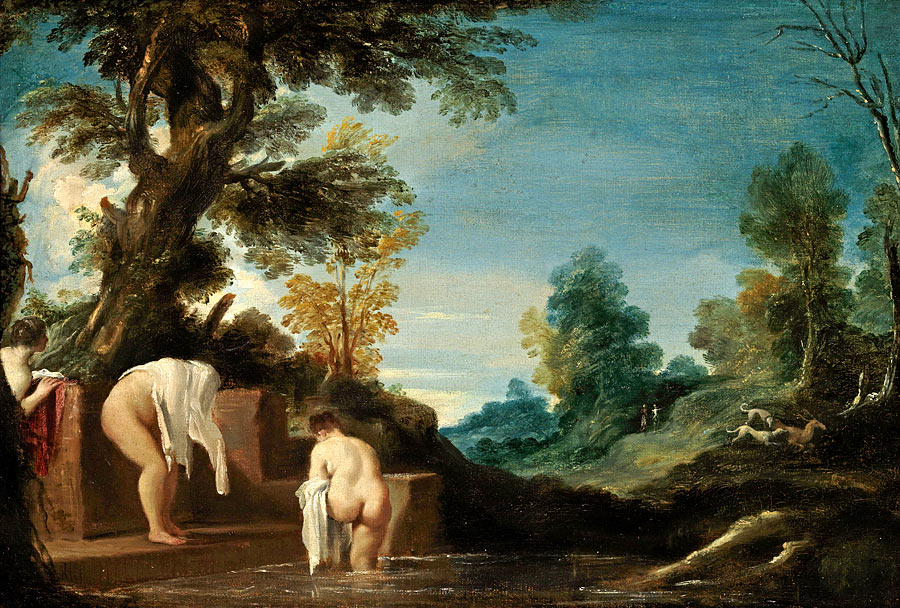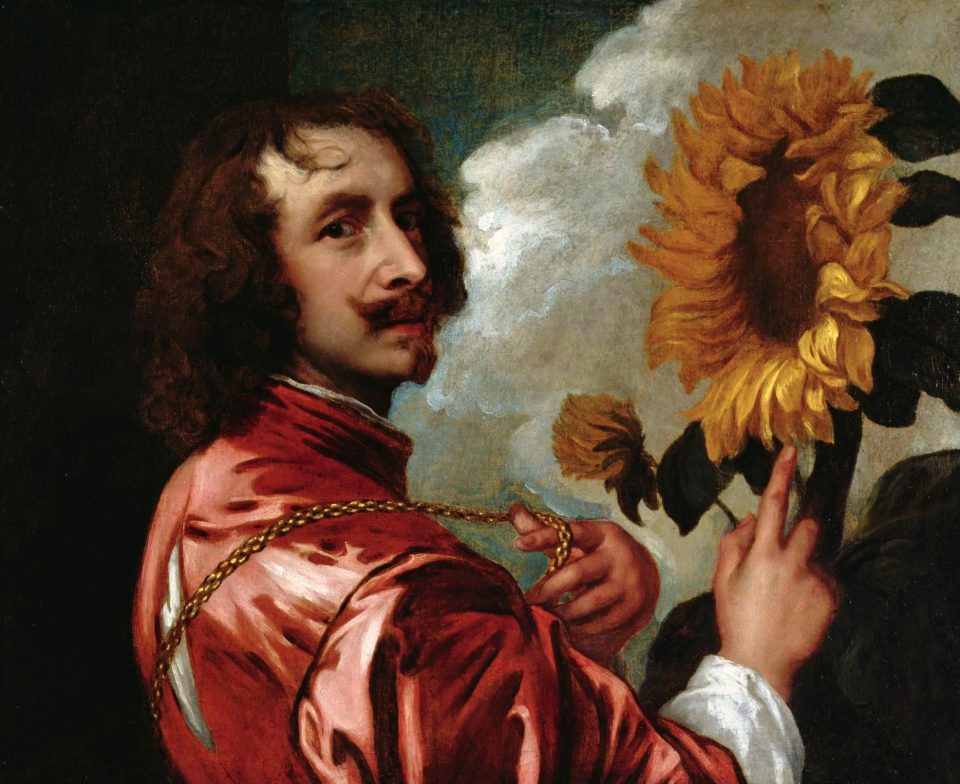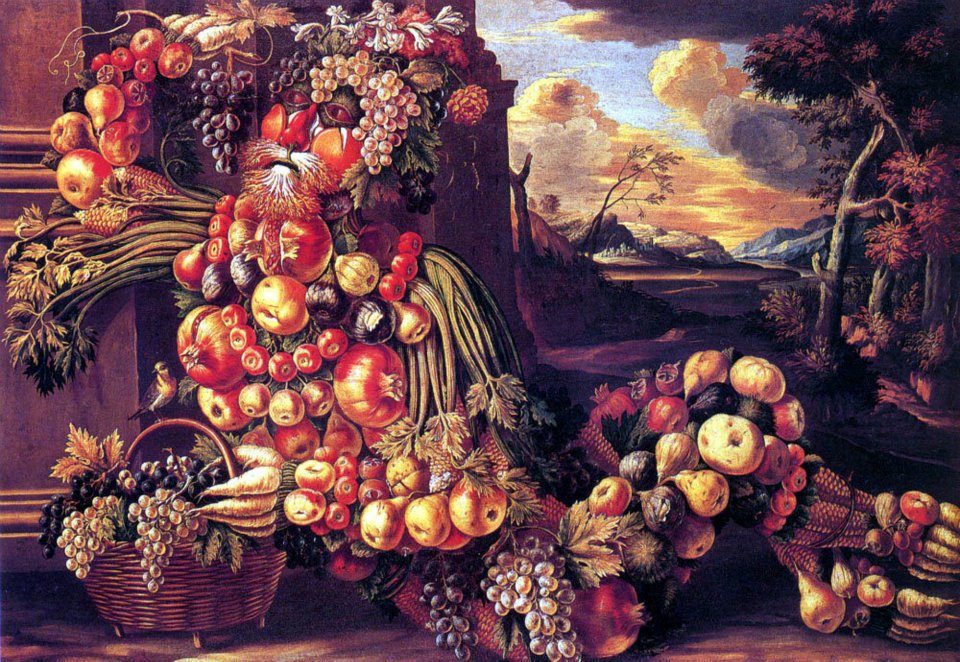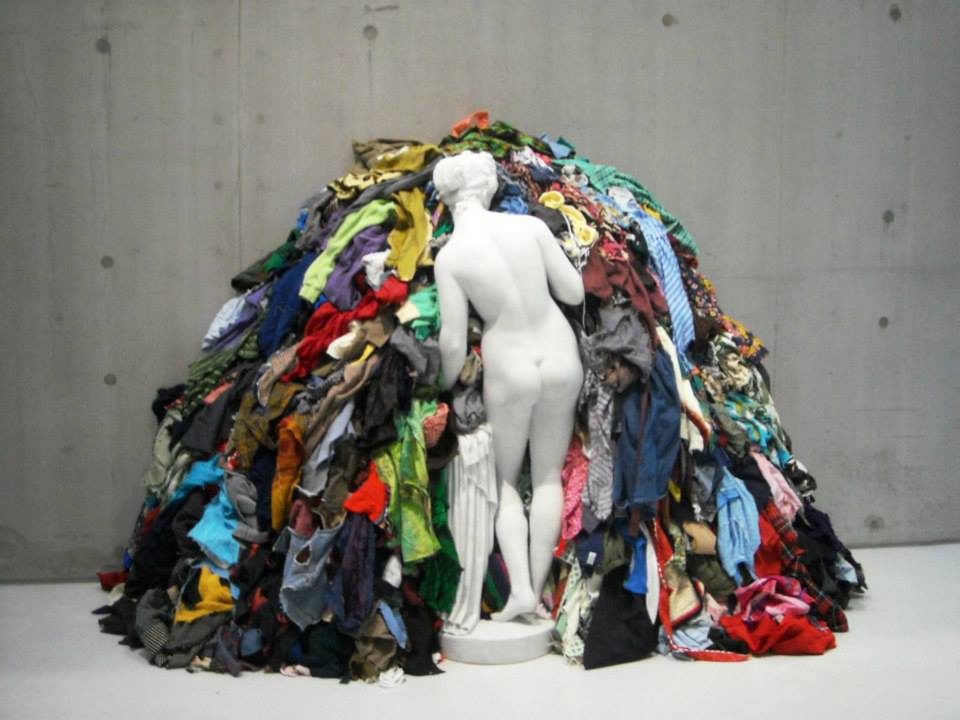Eugenio Montale – Gloria del disteso mezzogiorno / Glory of Expanded Noon
Guercino, Landscape with Bathing Women, c. 1621 Glory of expanded noon when the trees give up no shade, and more and more the look of things is turning bronze, from excess light. Above, the sun—and a dry shore; so my day is not yet done: the finest hour is over the low wall, closed off …
Eugenio Montale – Gloria del disteso mezzogiorno / Glory of Expanded Noon Read More »





